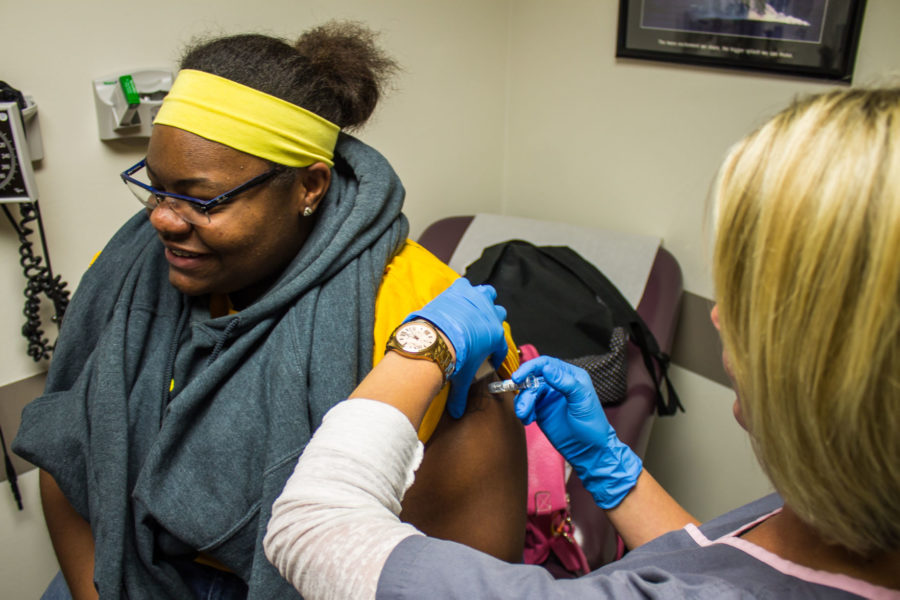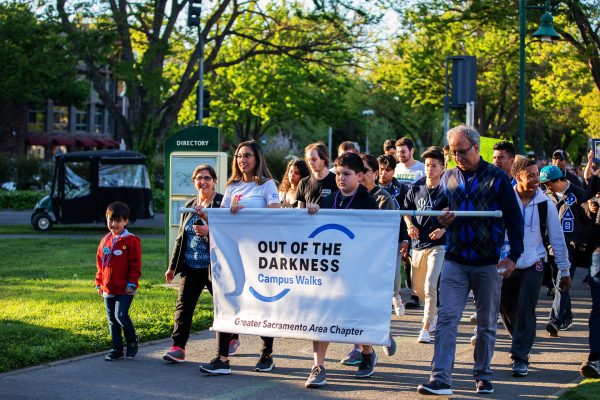Flu vaccination numbers up from last year
Flu season is in full effect. The Graham Health Center (GHC) has diagnosed six cases of the flu this semester.
These cases are not simply the stomach flu. This is a full-blown influenza, the same disease that wiped out 3 to 5 percent of the world’s population in 1918.
Even with the medical advancements of today, the flu can still be deadly. There have been 26 cases of flu-related death in the United States this flu season; the most recent of which was in Michigan last week.
In light of these numbers, questions were raised on why this year’s flu is so different and dangerous.
“The H3N2 is in that flu vaccine, but the strain has made a little bit of what they call a ‘drift,’” GHC director Nancy Jansen said.
According to Jansen, the shifting of flu strains is perfectly natural. This stopped the Influenza Pandemic of 1918.
One of the families that has been greatly affected by the flu in recent years is the Yaksich family, who, in 2003, lost 5-year-old Alana to the flu. Since then, they have worked to raise awareness about the nature of the flu and promoting vaccination, particularly at OU.
Alana’s Foundation, the Yaksich family-run organization, was the force behind the Flu Vaccination Challenge that began last fall.
OU came in third place in this competition, vaccinating over 12,000 people. That’s more than 2,000 additional vaccinations when compared to last year’s total, and the season isn’t even finished yet.
The Graham Health Center also recorded that 2.2 percent of all flu cases on campus were self-reported.
“It was fun. We vaccinated double the amount of people [as last year], and it gave us as staff some energy,” Jansen said.
Each season, when cases of the flu are recorded, a sample of the strain is taken and sent to the CDC. The GHC is one of the many sentinel health centers around the state that collects and reports this data.
Once the virologists get the samples, they base the next year’s vaccine on their prediction. This results in the reports that vaccinations have not been as effective as previous years.
In spite of this evidence, there are also cases of effective flu vaccinations.
Third year student Sydni Golfin received the flu vaccine this season because she was required to do so by the hospital that she works for.
“I usually get the flu every winter, but I haven’t this year,” Golfin said.
Instances like Golfin’s are the reason that many still receive vaccination, even with a less effective vaccine.
“It’s better to be safe than sorry,” Golfin said.
We have statistically peaked for this flu season, according to the GHC, but Jansen said that they are still urging everyone to get vaccinated.

















